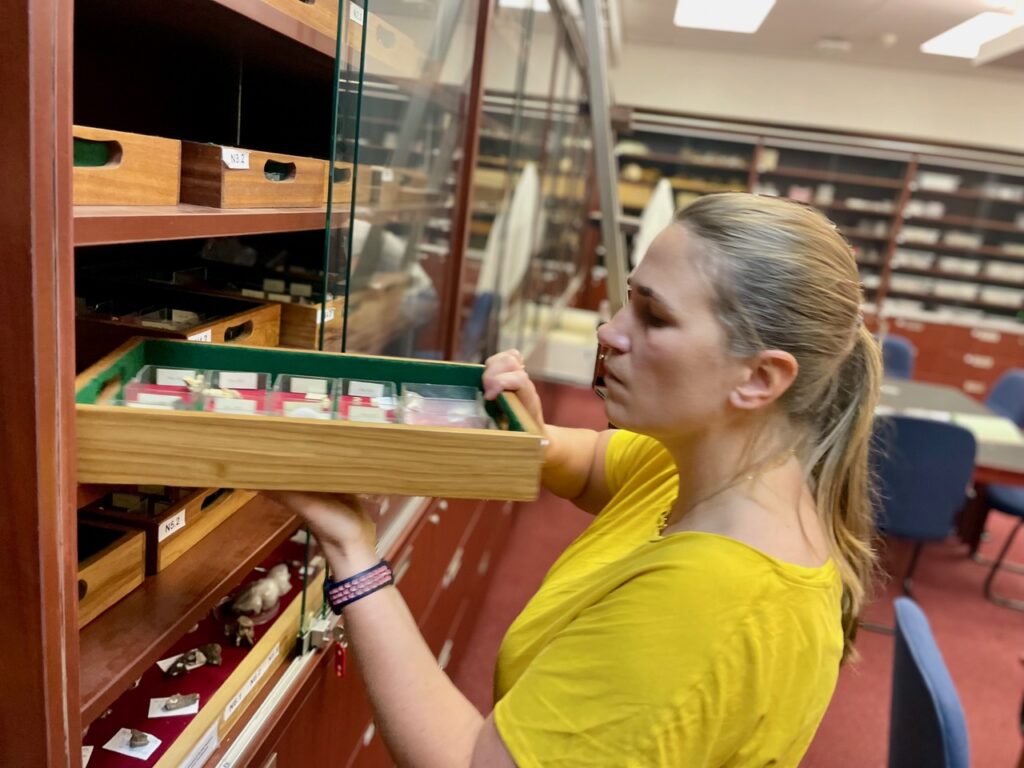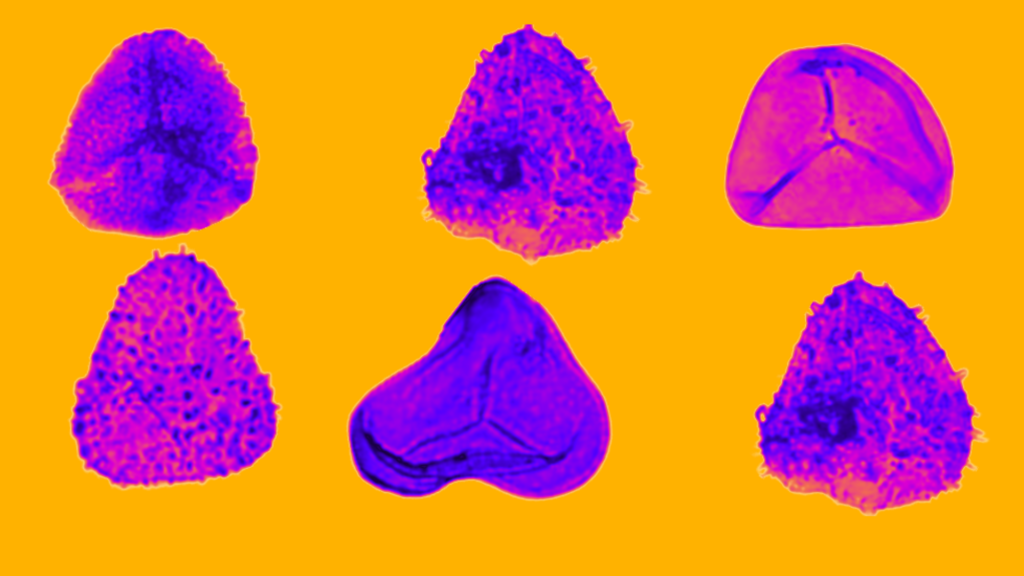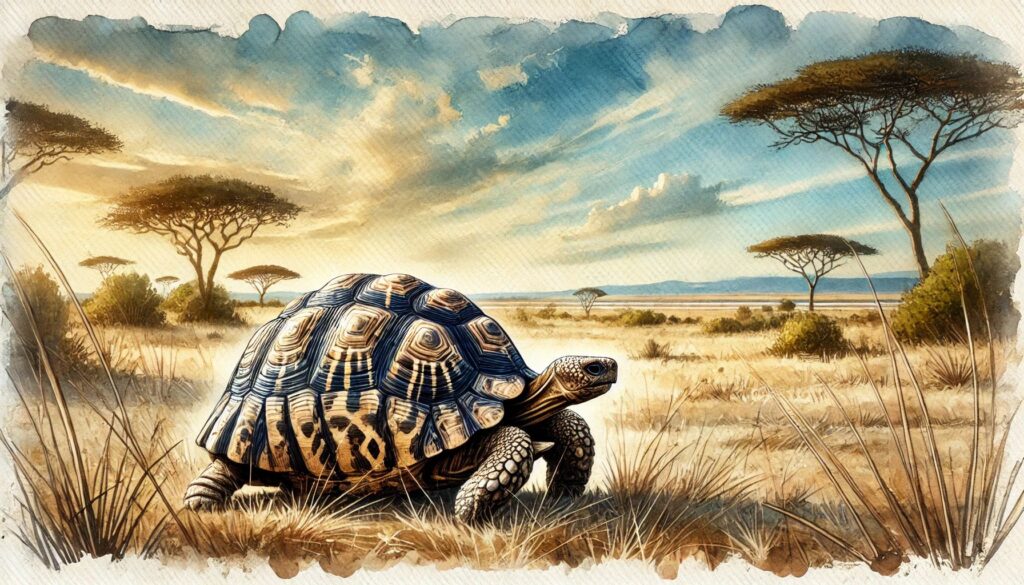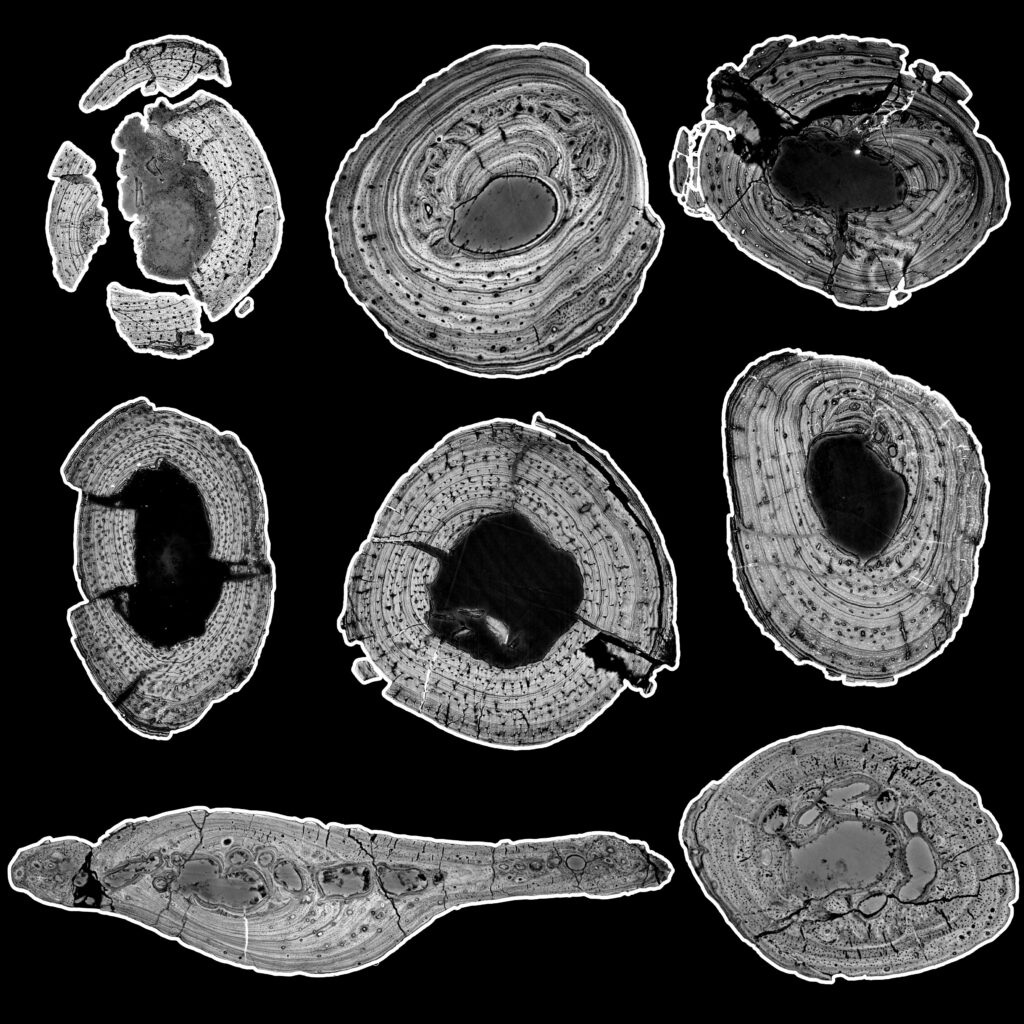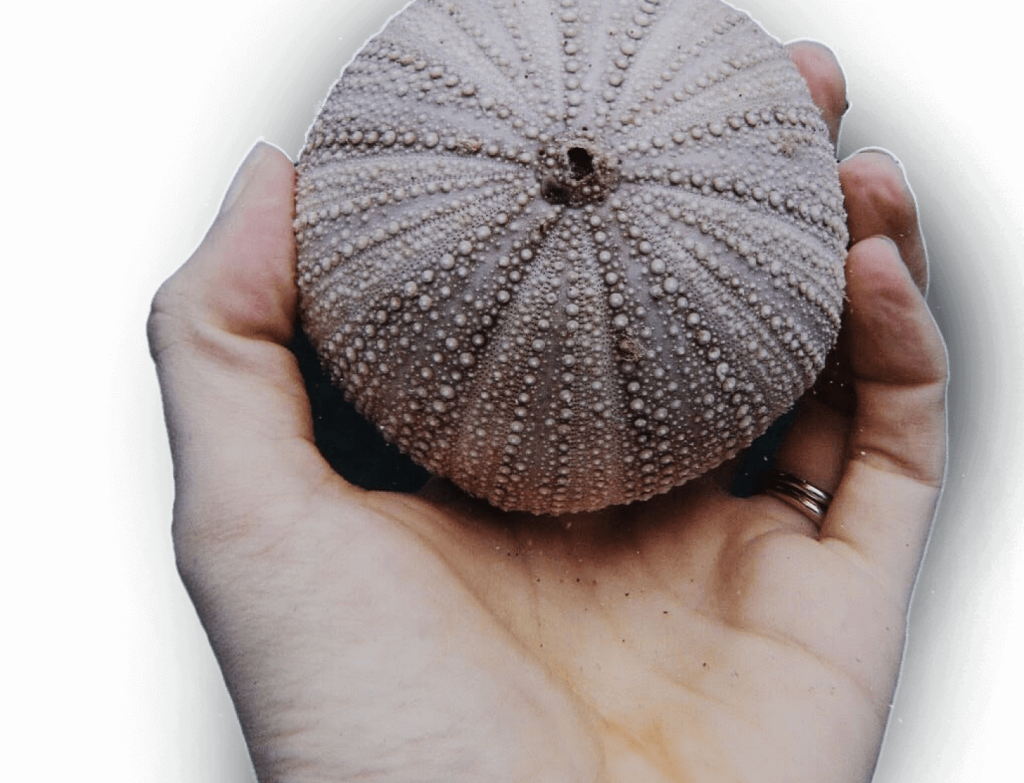Meet the Genus Projects Director – Dr Christine Steininger
To bridge the gap between palaeosciences and the general public, promote and support the outstanding work that has been accomplished by palaeoscientists and disrupt existing systems to foster a culture of excellence, collaboration, and connection.
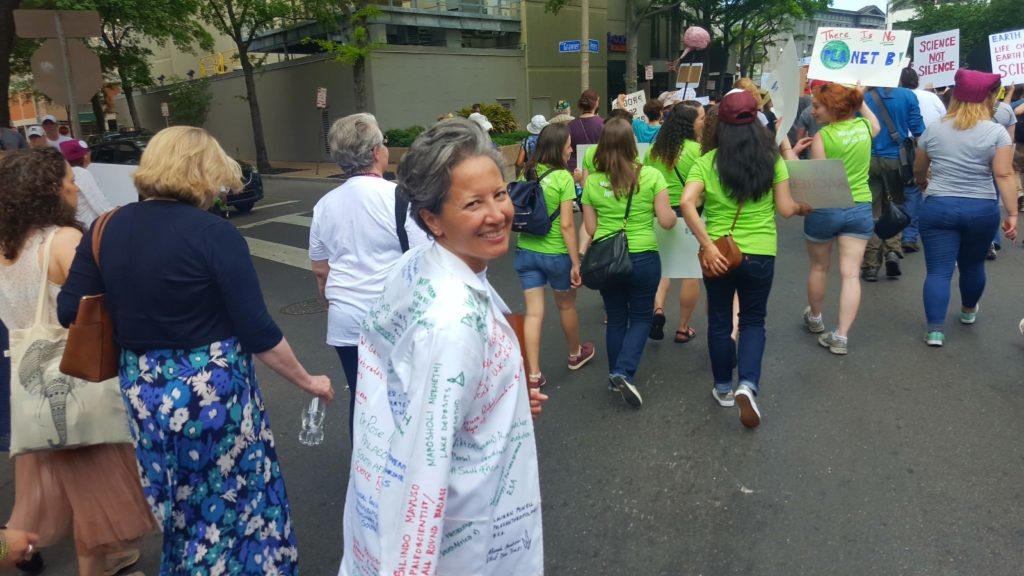
Small bites
- The Project Director of GENUS, hosted by the University of Witwatersrand, Dr Christine Steininger, was inspired by Dr Jane Goodall to pursue her passion for palaeo-anthropology.
- Dr Christine Steiningers’ vision for GENUS is to bridge the gap between palaeosciences and the general public, particularly school children.
- Another vision for GENUS is to promote and support the outstanding work that has been accomplished by palaeoscientists while disrupting existing systems to foster a culture of excellence, collaboration, and connection.
A seeker of new experiences that will broaden her world views
The secret life of fossils worked its magic on Dr Christine Steininger when she was just 11 years old.
The Project Director of GENUS, hosted at the University of Witwatersrand, remembers being instantly captivated by articles in the National Geographic her dad bought her as a child. Before long, she read everything on archaeology and palaeo-anthropology she could lay her hands on. She even gathered together neighbourhood children to join her on “fossil hunts” in suburban Chicago, Illinois, where she grew up, having relocated to the United States from Taiwan at the age of three.
Years later, an inspired meeting with Dr Jane Goodall at a book signing crystallised in her mind that she should go back to university to follow her passion for palaeo-anthropology. She saw in Goodall a woman could do it all: be a scientist, have a family and make an extraordinary mark on her terms!
Steininger’s career trajectory would eventually lead her to South Africa – with one of the richest fossil heritages on the planet. She’s been based in Johannesburg since 1998 and completed her PhD in palaeo-anthropology at the University of Witwatersrand in Johannesburg.
Over the past two decades, she’s found herself returning to her passion for building better linkages between palaeosciences and the general public and, in particular, schoolchildren. She’s bought this vision to GENUS as an extension of her mission to nurture a love of palaeosciences, break down barriers, and ensure greater access to opportunities for emerging scientists.
“The application of palaeosciences is about understanding how all living things in the past and present are interconnected and what that means as we imagine and plan our futures. And because it’s about ‘our’ future, Steininger sees the role of GENUS is to continue supporting excellent research, making science more accessible; being more innovative, inclusive, and diverse. We have to be intentional in changing the world of science,” says Steininger.
“GENUS will continue to have an open-door policy and to promote and support the outstanding work that the palaeosciences community has done. At the same time, we are unapologetic about disrupting the systems that need a shake-up to accelerate a transformative science that allows a culture of new excellence, collaborations, and connections to take root,” she says.
In addition to her Project Director duties, Steininger continues to undertake her research. Her focus has been on fossil fauna analysis, taxonomy, palaeocommunity and environmental reconstruction. Ultimately, it’s directed at understanding the effects of climate change on mammal biodiversity and behaviour.
She calls herself “a seeker of new experiences that broaden her world views”. The spiritedness of the 11-year-old neighbourhood fossil huntress has never quite left her, and just as well because exploring the vast wonders of the discipline continues to captivate her, and it’s why she digs deeper still.
“We will continue to have an open-door policy and to promote and support the outstanding work that the palaeosciences community has done. At the same time, we are unapologetic about disrupting the systems that need a shake-up to accelerate a transformative science that allows a culture of new excellence, collaborations and connections to take root.”
Dr Christine Steininger
